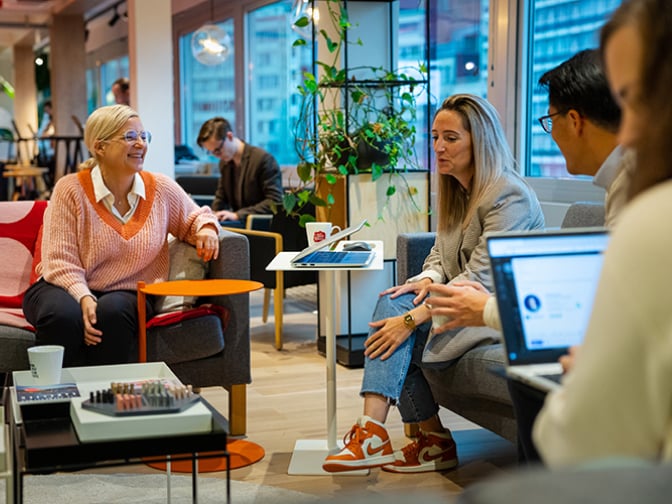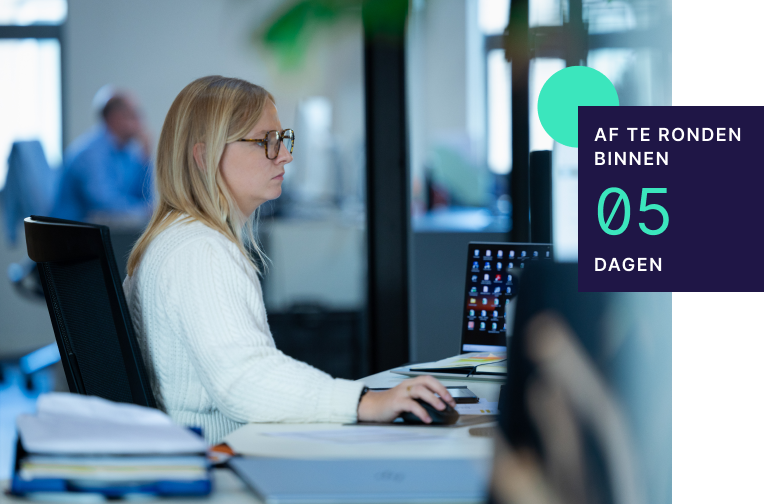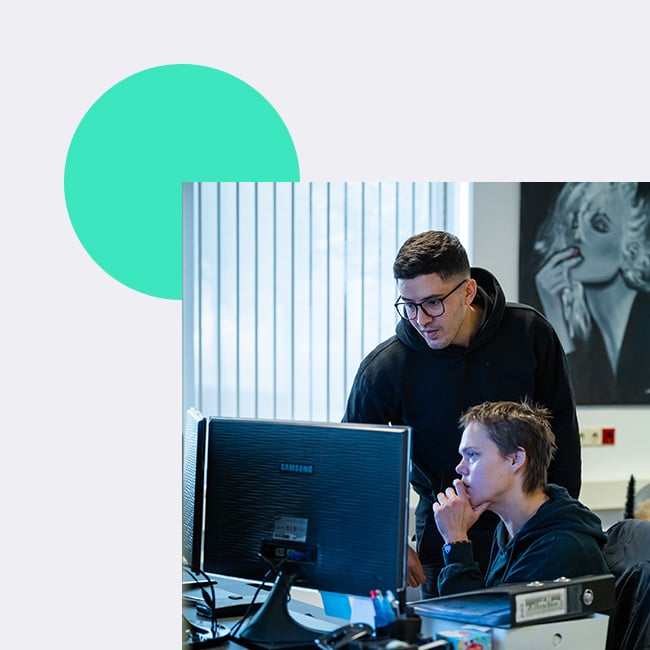Slimmer en efficiënter werken met AdminPulse. Laat je accountantskantoor verder groeien, terwijl je moeiteloos voldoet aan wet- en regelgeving. Maak kennis met veelzijdige en gebruiksvriendelijke online kantoorbeheersoftware op maat van jouw kantoor.






